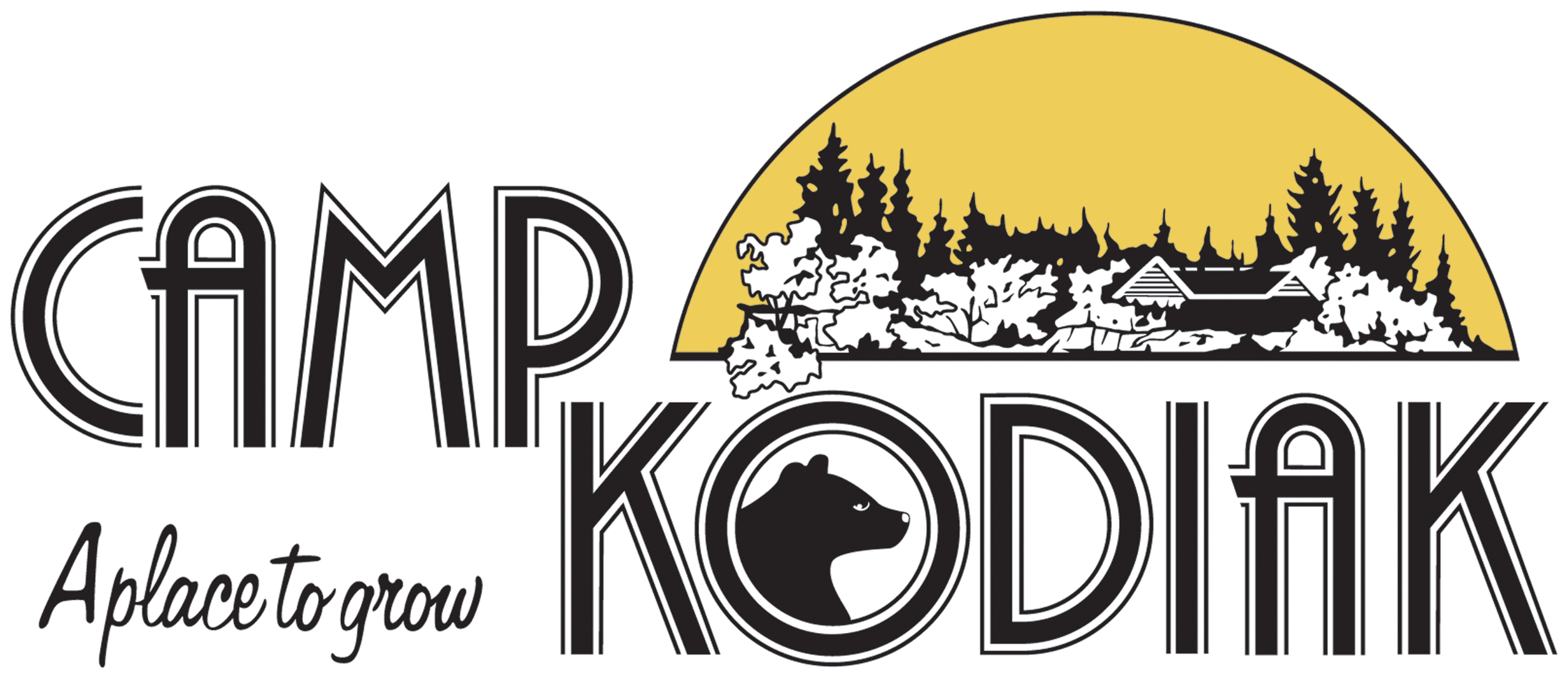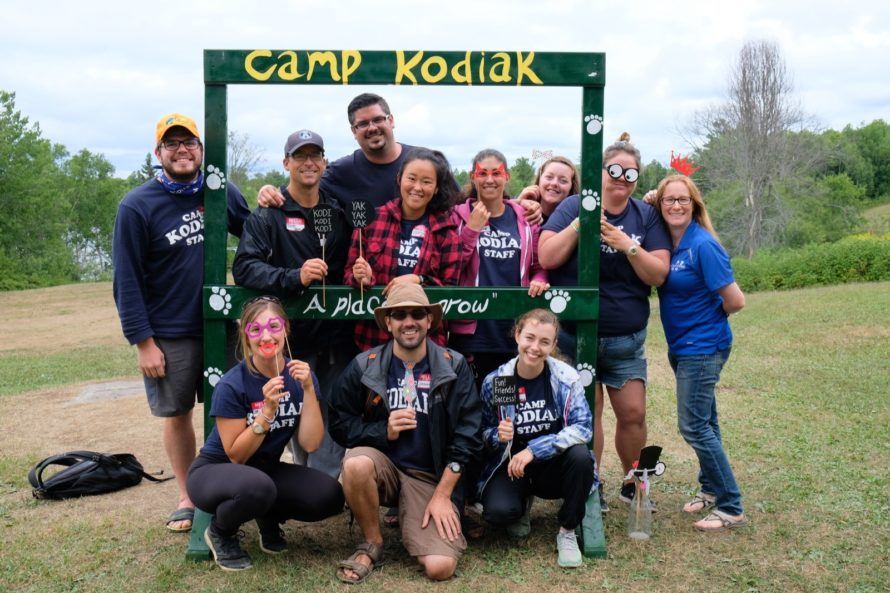Saturday, November 11 – 8:30AM
Children are watching cartoons. Teenagers are fast asleep. Retail workers are getting ready for their shifts. Parents of young kids are working on their second cup of coffee. Kodiak counsellors are gathering in the lobby of the Hospital for Sick Children in Toronto, talking excitedly about the speaker they are about to see: Richard Lavoie, an internationally renowned speaker on learning disabilities and special education. They are not being paid to attend this event; nor have they been cajoled or even mildly encouraged. This is a grass roots initiative started by a four-year camp veteran and Lavoie enthusiast to gather a group of his respected friends and colleagues to see a personal and professional hero speak about a topic about which they all care deeply. To set the stage, I need to back up a few steps.
Training Week, Camp Kodiak, any year
Part of the orientation for staff members working at Camp Kodiak is deepening our understanding of the challenges our campers experience related to their learning difficulties and cognitive profiles. We examine together the impact of our campers’ disabilities on their social skills, decision making, and so many areas of their lives. We try to see the world through their eyes and anticipate the pitfalls that might await them at camp so that we can mitigate them and plan for the campers’ success. A big part of our training centres on Richard Lavoie’s work—his training videos, books, ideas—because he espouses our central philosophy about working with kids: Our most important job is to make sure that all of the children we work with go to bed each night feeling better about themselves than they did when they woke up that morning. Lavoie uses a metaphor about poker chips for self-esteem; some people have stacks and stacks of poker chips and others have just a handful, and it is our job to give kids as many poker chips as possible throughout the day by appreciating their many strengths and recognizing their many accomplishments. Counsellors talk about poker chips so often with each other that some campers have caught on. Last summer, a camper approached me during Free Play and handed me a poker chip. “Shari, you did a great job with the announcements this morning.” I smiled.
At Camp Kodiak we also use Lavoie’s “social skills autopsy” approach to teaching kids appropriate ways of managing tricky social situations and conflicts. In short, we are big fans.
A few summers ago, the Lavoie hero worship became more prominent. Two counsellors showed up to a workshop in white t-shirts with “Lavoie is my boy” written in black marker. I thought they were teasing us. Perhaps they felt that we were overdoing it by showing video clips featuring fashion and hairstyles from the 1980s—they were, perhaps, pushing us to modernize. “No,” they reassured me, “we want more Lavoie.”
That summer they produced a professional t-shirt bearing the “Lavoie is my boy” motto on the front. Dozens of staff members bought it.
Fast forward to this year…
September 24
Mark, a beloved Kodiak staff member, posted a link on Facebook to the 22q11.2 conference being hosted at the Hospital for Sick Children and invited Kodiak staff members to attend the keynote address by Richard Lavoie, “Sorry…that seat’s taken”: Helping Children and Youth Develop Effective Social Skills. The response was quick and enthusiastic. People started updating their status that they had bought tickets. One staff member sent his regrets but asked if someone could get him an autograph. Another one nicknamed the event “Lavoielapalooza”.
On October 31, Mark started posting short videos each day to celebrate “The 12 Days of Lavoie”. I had seen them all dozens of times, but I re-watched each and every one. And I wasn’t alone.
This brings me back to the morning of November 11. The Kodiak staff took up a row and a half in the auditorium. Most of them were wearing their Lavoie t-shirts. In fact, Lavoie stopped his talk almost before he started it to comment on the shirts and snap a photo to send to his kids. The crowd was made up mostly of parents, but our group was young professionals—teachers, child and youth workers, even a camp nurse—and university students. Each and every one was excited about the event and the possibility of getting a few words with their hero. Mark handed Lavoie a note after the lecture telling him what an important influence he had been personally and professionally. Lavoie wrote him an email thanking him and assuring Mark that the note would go under his desk blotter where it could be revisited time and again. In his email, Lavoie said of Mark and his Kodiak colleagues that “it is wonderful to know that there are some young professionals who hold my beliefs and will continue my work.”
I couldn’t agree more, and I couldn’t be prouder that they are on our team.

